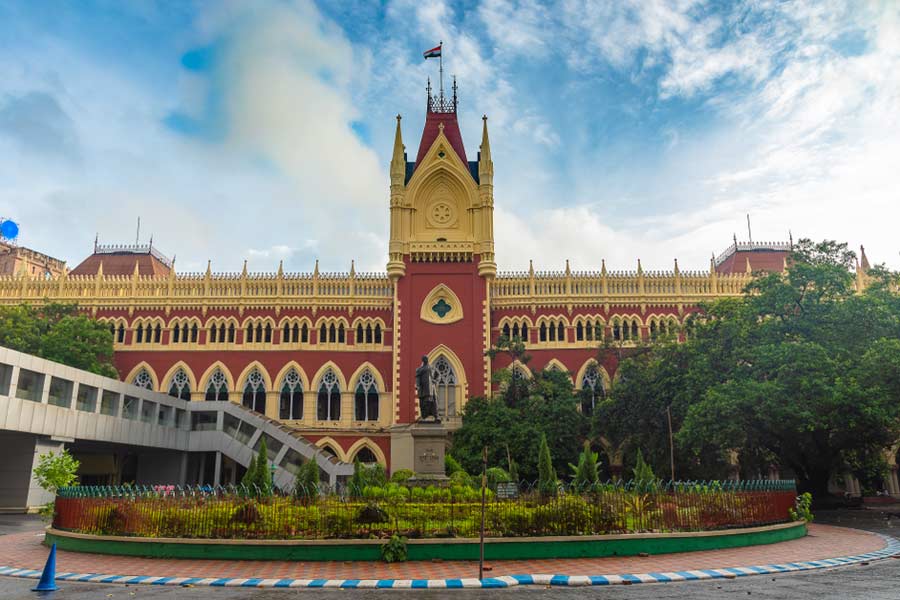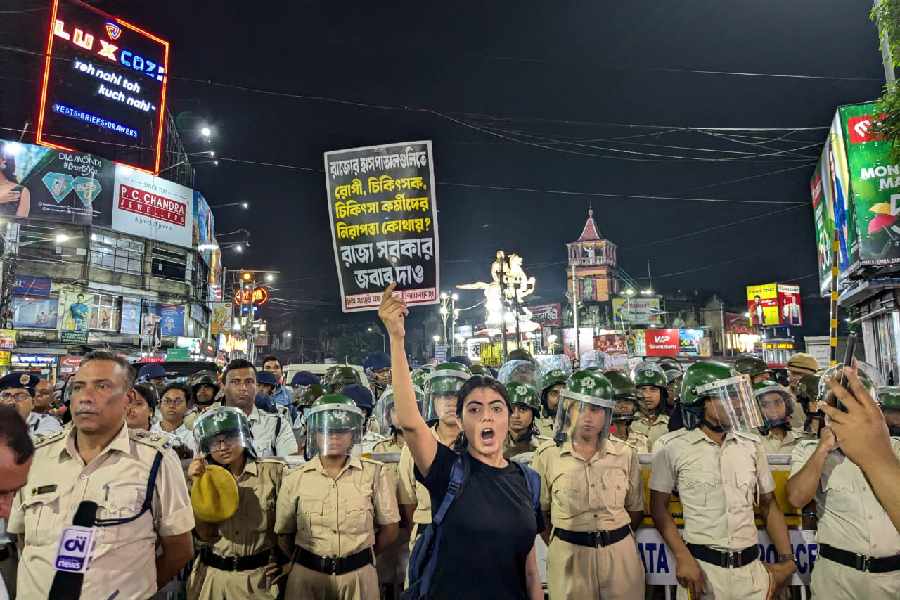The Calcutta High Court on Friday refused to prohibit a march to the West Bengal state secretariat 'Nabanna' on August 27 to protest the rape and murder of a woman doctor at RG Kar Medical College and Hospital, holding that the fundamental right to hold peaceful protest cannot be curbed.
Praying for prohibiting the call for the march in the surrounding areas of Nabanna, a lawyer and a resident of Shibpur in the vicinity moved a PIL before the court, stating that it should not be allowed without proper application seeking permission to organise the event.
Allowing the march to Nabanna in Howrah city by a section of the civil society, a division bench presided by Justice Harish Tandon observed that the brutal rape-murder of the postgraduate trainee doctor has shocked the conscience of the citizens and peaceful protest rallies from different quarters have been witnessed since the incident that took place in the medical institution on August 9.
It noted that several Supreme Court judgements have held that the right to protest in a peaceful manner is the core fundamental right of every citizen.
The division bench, also comprising Justice Hiranmay Bhattacharyya, pointed to a Supreme Court order of August 20 in a suo motu petition on the issue where it held that the West Bengal government will observe necessary restraint in peaceful protest conducted by any quarter of the civil society over the incident at RG Kar Medical College and Hospital.
"In view of the order of the Apex Court, we do not think that any prohibitory order as sought can be granted in favour of the petitioner," the bench said.
Appearing for the state, Advocate General Kishore Dutta contended that assembling or gathering people or rallies cannot be permitted within the highly sensitive zone as the right to hold rallies or marches being a fundamental right is subject to reasonable restrictions imposed by the state.
Except for the headline, this story has not been edited by The Telegraph Online staff and has been published from a syndicated feed.












